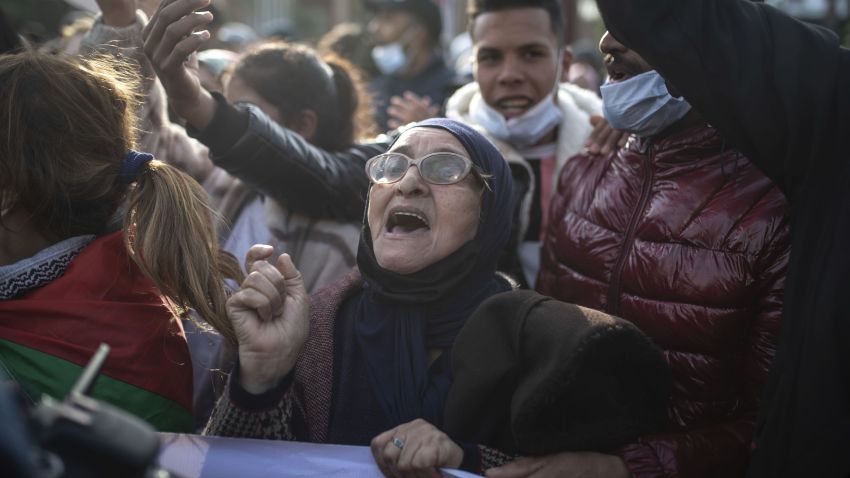I began writing World Politics Review’s weekly Middle East Memo newsletter during Israel’s 2021 war in Gaza. Fifteen months later, as I began drafting this final edition, Israel had just concluded yet another one-sided military offensive in Gaza.
During the time I have authored this newsletter, I sought to explore some of the common themes connecting the myriad challenges the Middle East faces, which I’ve spent most of my adult life studying as a journalist and policy analyst. In the spirit of diagnosis, I’ve ended up focusing on two root causes: state failure and impunity. By the same token, I have attempted to identify plausible, locally grounded movements for rights and reform that might offer solutions to these intractable sociopolitical challenges.
The very notion of the “Middle East” as a region is tainted by the problematic history of Western colonialism and, in more contemporary times, military interventions. It was European powers that defined the region as “east,” relative to their own geographic location on the world map. There is nonetheless a distinct identity and political system in this region, even though it is profoundly interconnected with the rest of the world, as is true of other places. Still, the Middle East’s struggles with authoritarianism, human rights abuses and poor governance are by no means unique; indeed, they are part of a global trend, affected as much by international forces as local ones.

